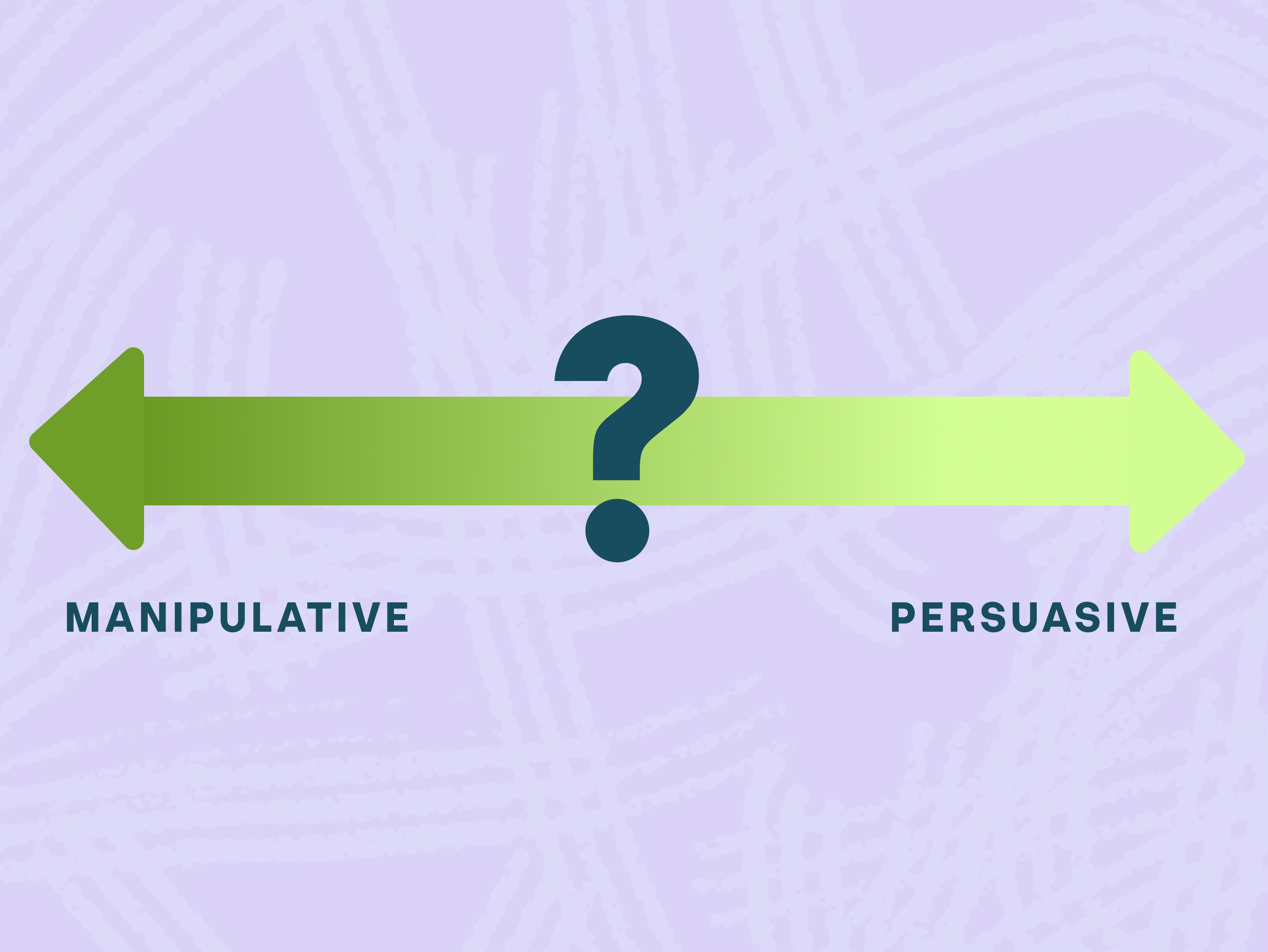Five Tips for Creating Qualitative Proto-Personas
Uncover the “why” behind your customers’ behaviors.

Want to create proto-personas to uncover the “why” behind your customers’ behaviors? Here are 5 tips to effectively transform qualitative interview findings into distinct audience groupings.
1. Plan for proto-personas from the start.
When designing a research study that will result in proto-personas, get started by hypothesizing categories that might differentiate sub-sections of your audience.
For instance, if you think there will be a big difference between online and in-person shoppers, make sure to recruit both types and write interview questions that dig deeper into this behavior.
2. Summarize the important details of each participant.
To quickly recall the gist behind what you learned from your interviews, write a summary of each participant directly after you interview them.
These summaries should be scannable and bulleted, including a brief bio, three adjectives to describe their behavior, and any details relevant to your hypothesized categories.
3. Convert qualitative insights into categorical data points.
In addition to the categories you've already considered, identify 8-10 more attributes to serve as data points based on what you felt were important differentiators from your interview summaries.
For each attribute, consider which value you’d assign to each participant. Here are some example attributes:
- Support system (family, professional caregivers, friends or neighbors, none)
- Openness to support (excited, willing, hesitant, skeptical)
- Transportation (own car, friends & family, public transportation)
- Note-taking style (in-the-moment, soon after, later that day)
4. Balance your intuition with data trends.
Look for clusters of similar participants in your data based on your categories. If you get stuck, reflect on what qualities from your interview participants stand out as crucial to their motivations and behaviors.
These new ideas can become additional categories to plot and sort by.
5. Make sure your proto-personas resonate with stakeholders.
Not everyone will care about your in-depth reporting on these groupings (gasp!).
To win over your stakeholders, consider ideating on initial product features and marketing ideas, demonstrating how these proto-personas can be useful to your team.
6. (Who's counting, anyway?) Proto-personas require an iterative approach.
Proto-personas are more of an art than a science, but hopefully, these tips set you up for success. Your other option? Get help from an expert (like ZoCo) who can help you create data-driven and actionable proto-personas, among other things.
Contact our research team to learn more!
What's next?
Have a project you’re working on and need some support? Reach out to us.
Do you just want to chat about product, UX, research, process, and methodologies? We’re down for that too. Let's chat.
Do you want to avoid talking to another human being right now? We get it. Sign up for our Curious Communications newsletter to stay up to date on all things UX and other curiosities. We’ll hit your inbox every few weeks.
Check out our Ultimate Guide to UX Research & Product Design Services
Looking for insights for healthtech product leaders, delivered to your inbox every few weeks? Sign up for our newsletter.
Currently exploring
UX Mastery



.svg)
.svg)
.svg)
.svg)
.svg)
.png)


.svg)

